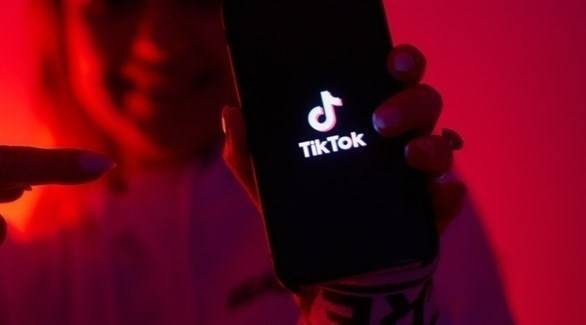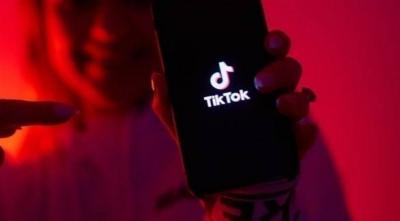Scrolling through the TikTok app has become a daily routine for many children and teenagers, raising concerns about the effect of short videos tailored to specific interests on children's focus levels.
Although studies on the subject are still preliminary or limited, observations from parents and teachers indicate that children's attention spans are decreasing, with blame directed at TikTok and similar applications.
According to a report published by "Verywell Health," some health experts believe that daily use of this app by children may affect brain development. Jessica Griffin, a professor of psychiatry and pediatrics at the University of Massachusetts, states: "The frontal cortex doesn’t fully develop until around the age of 25, which is the area responsible for attention modulation, impulse inhibition, future memory, and cognitive flexibility."
Griffin adds: "Short videos are like candy; they provide a rush of dopamine, a chemical that produces feelings of pleasure, released in the brain's pleasure center.” She explains that this rush often leads to a desire for more, similar to what happens with children in a candy store.
A previous study found that watching algorithm-selected videos that align with viewers' interests leads to more dopamine being released in the brain compared to watching randomly selected videos. This suggests that the app's selection of relevant topics triggers an addictive-like reaction.
However, education experts advise against outright banning the app for children and instead recommend moderation. There is a possibility to set a time limit for screen use, whether on a phone or other electronics.
Katherine Smirling, a child psychotherapist, encourages parents to discuss the risks of excessive use of such apps that impact attention and to guide their children to fill their free time with a balanced mix of physical and mental activities.
The risks include heightening fears through specific content displayed by the app's controlling algorithm, a lack of real social interaction due to excessive engagement with social media platforms, and exposure to incomplete, unbalanced, or incorrect information through condensed videos.




